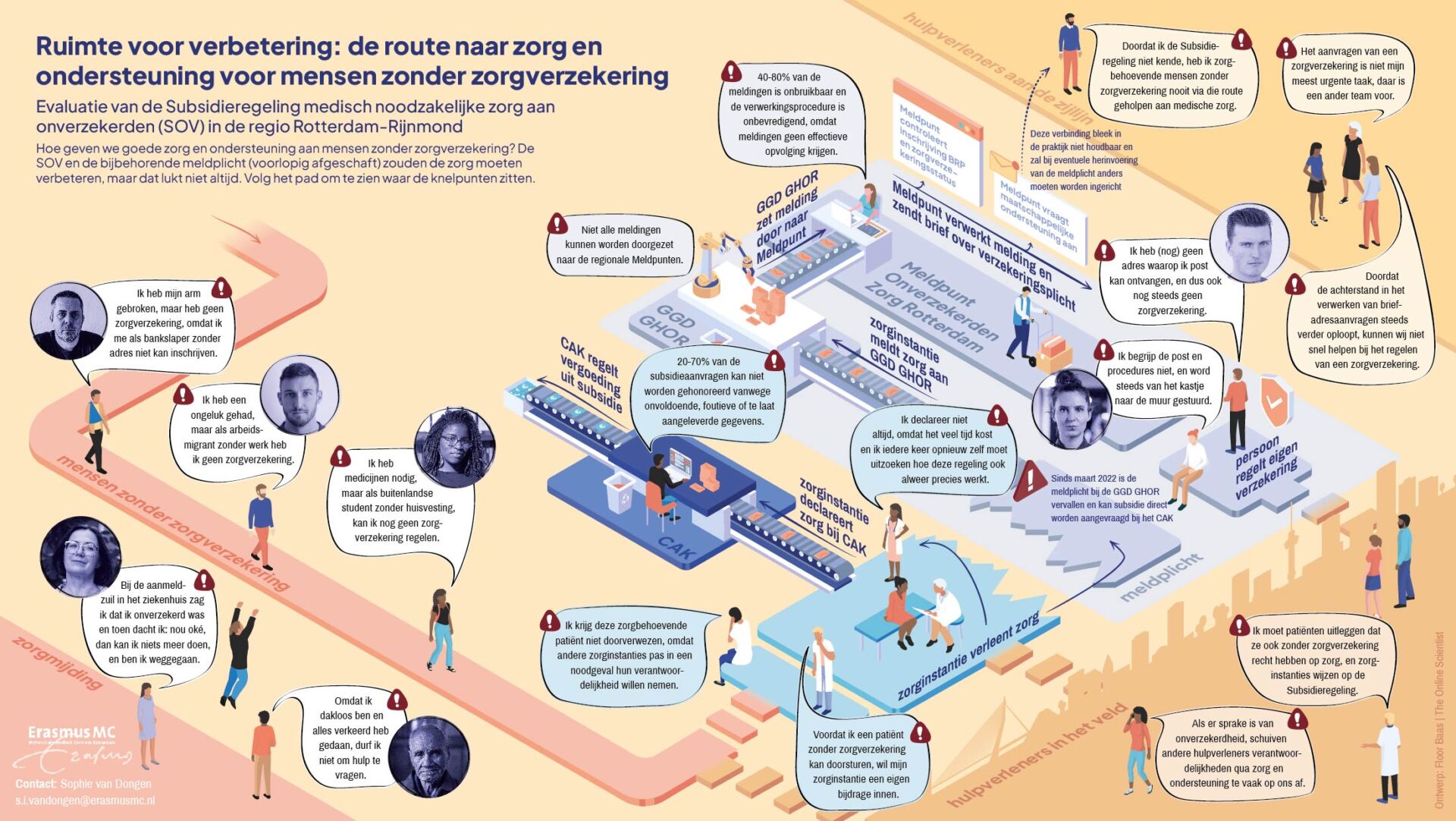Proefschrift: Better Evidence for better mental health policy – mind the inequality gap
This thesis by Francisca Vargas Lopes aimed to produce evidence to guide mental health policy in reducing inequalities in mental health care and outcomes. To achieve this objective, I have conducted a number of different studies. The first paper in my thesis shows that inequalities unfavorable to low-income individuals persist along the mental health treatment pathway in the Netherlands. These results are pivotal to move policy agendas beyond their usual focus on access to care and warrant more investigation on the reasons behind low-income people starting care in worst condition, receiving slightly less treatment time and being much less likely to improve in outcomes after the first treatment.
The following studies in the thesis looked at interventions, programs and policies linked to challenges of contemporary mental health policy agendas to learn about their causal effects and potential impact on inequalities. When studying the 180-euro deductible increase in the Netherlands between 2009 and 2014, I showed that this raise reduced the probability of lower income females starting or continuing mental health treatment at 18, in their transition to adulthood. A different study looked at the impacts of the eligibility to the Dutch supported housing program (Beschermd Wonen) in a health, care, income and labour market participation. Being eligible to this living arrangement had conflicting results for the individual, the family and the system. The conclusions highlight the trade-offs and remaining challenges to achieve the appropriate level of support for best integrating individuals with mental disorders in the society. Last, I have studied the relationship between low supply of psychotherapy and high prescription of antidepressants, in Portugal. With this study I showed that increasing the availability of psychotherapies did not necessarily lead to reducing anti-depressant prescription, at least when there are only a few more psychologists added to the previously low number of these practitioners in Portuguese primary care.




